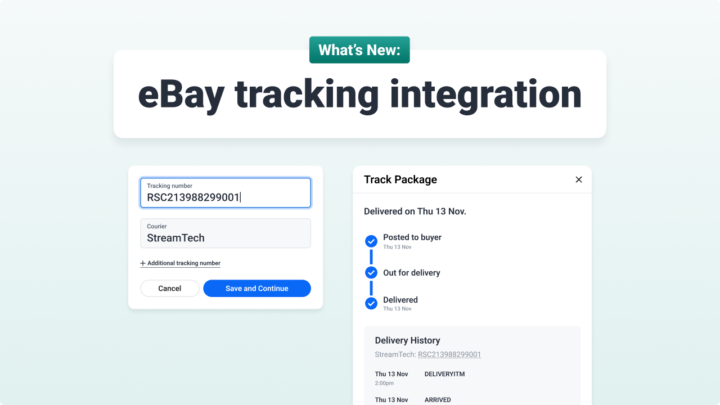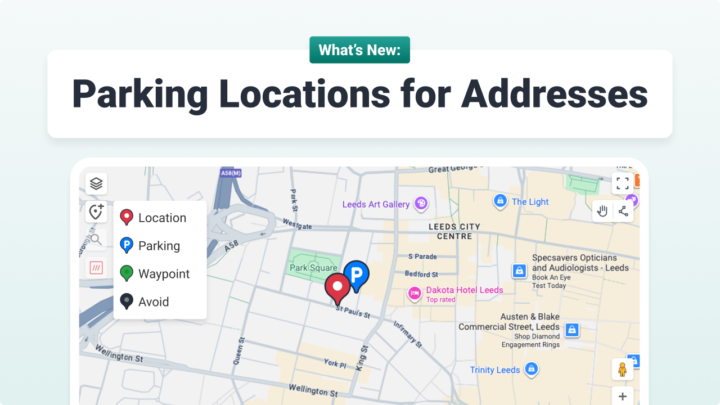This week is #MentalHealthAwarenessWeek, so we thought it would be the perfect time to talk about some of the ways fleet operators can help drivers better manage their mental health.
Poor mental health is something that affects at least 1 in 4 of us each year, and almost one-third of truck drivers cite being away from family and alone all day as a “significant issue affecting their mental health”.
In the transport and logistics industry, 30% of self-reported work-related illness is due to stress, depression and anxiety. Long hours, isolation, traffic conditions and work pressure involved in driving for a living can make commercial vehicle drivers particularly vulnerable to mental health issues.
How’s My Driving?, National Recruitment Line and Karoma launched their initiative ‘Driving Better Mental Health’ a few weeks ago at the CV show. David Footitt, special ambassador for How’s My Driving? said that:
“With the needs of the job, commercial vehicle drivers tend to be isolated for long periods of time and can lack the benefits of regular social interaction. Mental health can quickly suffer.”
And mental ill-health isn’t just bad for individual drivers.
The Centre for Mental Health estimates the cost to the UK economy of workplace mental health issues as £34.9bn. This cost to businesses is made up of the reduced productivity associated with many mental health issues, as well as sick leave and the high staff turnover that can result from untreated mental illness.
Drivers who are tired and stressed tend to be more prone to poor driving performance, leading to more fuel use, minor (or even major) accidents, and even increased insurance costs.
How fleet operators can help drivers struggling with mental health issues
-
Reduce stigma
Let drivers know that it’s okay to talk about how they feel. Much of the Driving Better Mental Health campaign and the awareness week is about taking the stigma out of mental health issues. Particularly in traditionally masculine and male-dominated sectors, like commercial driving, a big part of the problem can be a reluctance to discuss mental health matters or to ask for help when it’s needed.
-
Encourage socialisation
The Driving Better Mental Health campaign encourages drivers at roadside stops to spend time together by playing a game of 5AsideChess, but really any activity that encourages drivers to get out of the cab and interact with one another is great.
-
Champion exercise
Besides the isolation & loneliness of driving for much of the day, the lack of exercise can also be a big contributor to mental health issues amongst commercial drivers. Encouraging drivers to complete a daily step-count or another simple exercise challenge, can be a way to get them moving day-to-day. By adding a lightly competitive aspect, drivers have a way to interact with each other (via a step-counting app or a group message) – which can also help combat the feeling on loneliness.
-
Take the pressure off
Workplace stress can be the root cause of reckless driving and speed-related accidents. Make sure drivers aren’t incentivised to speed (i.e. don’t tie driver payment to distance travelled, or deliveries completed). Use a system that communicates proactively with customers and back-office staff, to take the pressure off if and when drivers are delayed on their route.
-
Monitor driver hours
Long, lonely hours are a key contributor to mental health issues for commercial drivers. Drivers’ hours rules are in place to ensure drivers take adequate breaks. While drivers may be tempted to drive longer hours to finish a route or run, this can have a harmful effect on mental health. Use a combination of good route planning to keep estimated routes within drivers’ hours rules, and tachograph data to ensure those hours are stuck to.
Mental health issues in the logistics sector are more prevalent than many people imagine them to be. Fleet operators have a duty of care for their drivers, and we all need to play a part in destigmatising mental health issues in the sector. Just encouraging drivers to get out of the cab, move around and talk to each other is a big step in the right direction. Having systems in place to monitor driver hours and take the pressure off delivery and collection times is another way operators can put proactive measures in place to combat some of the root causes of driver stress.



